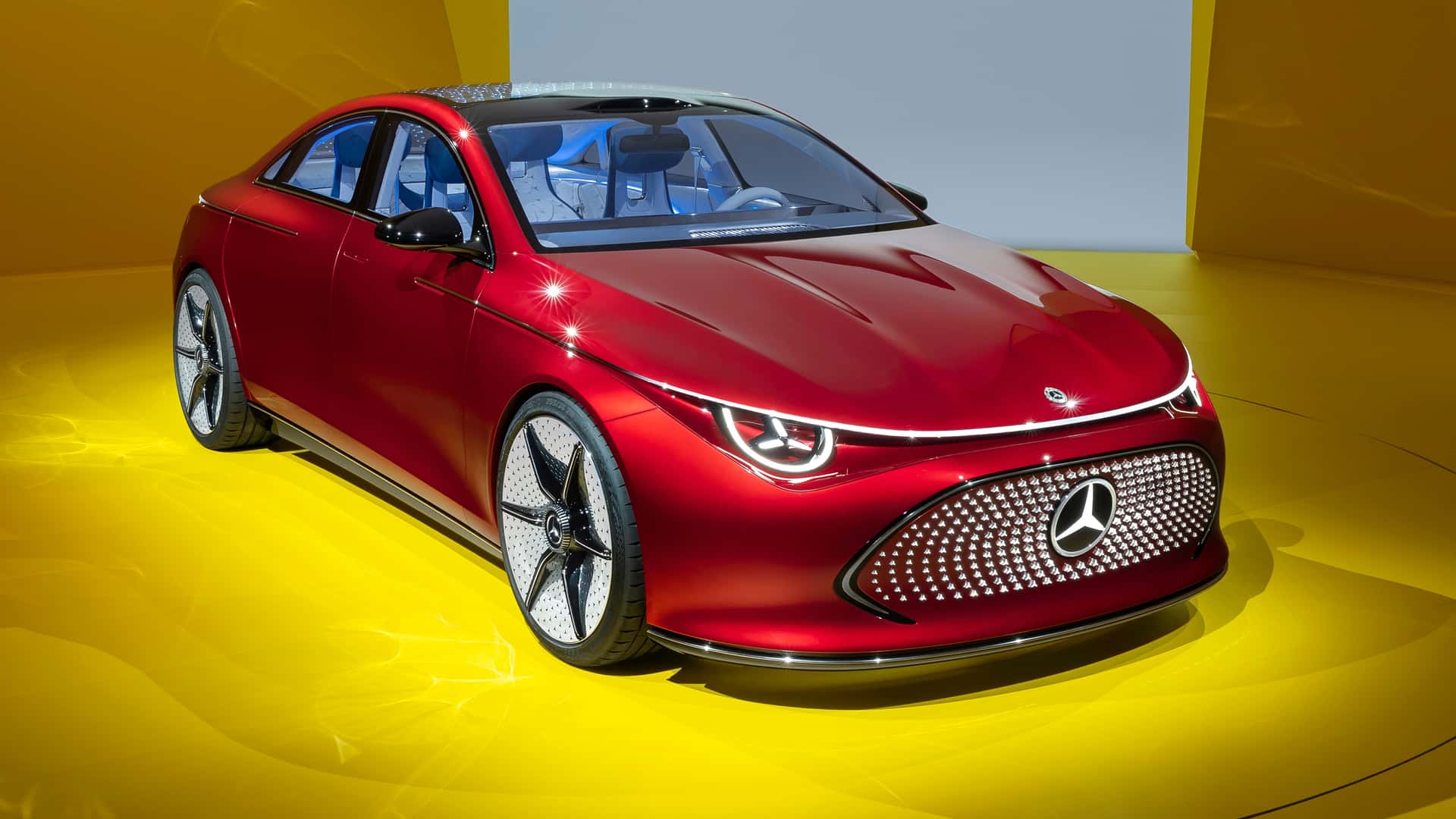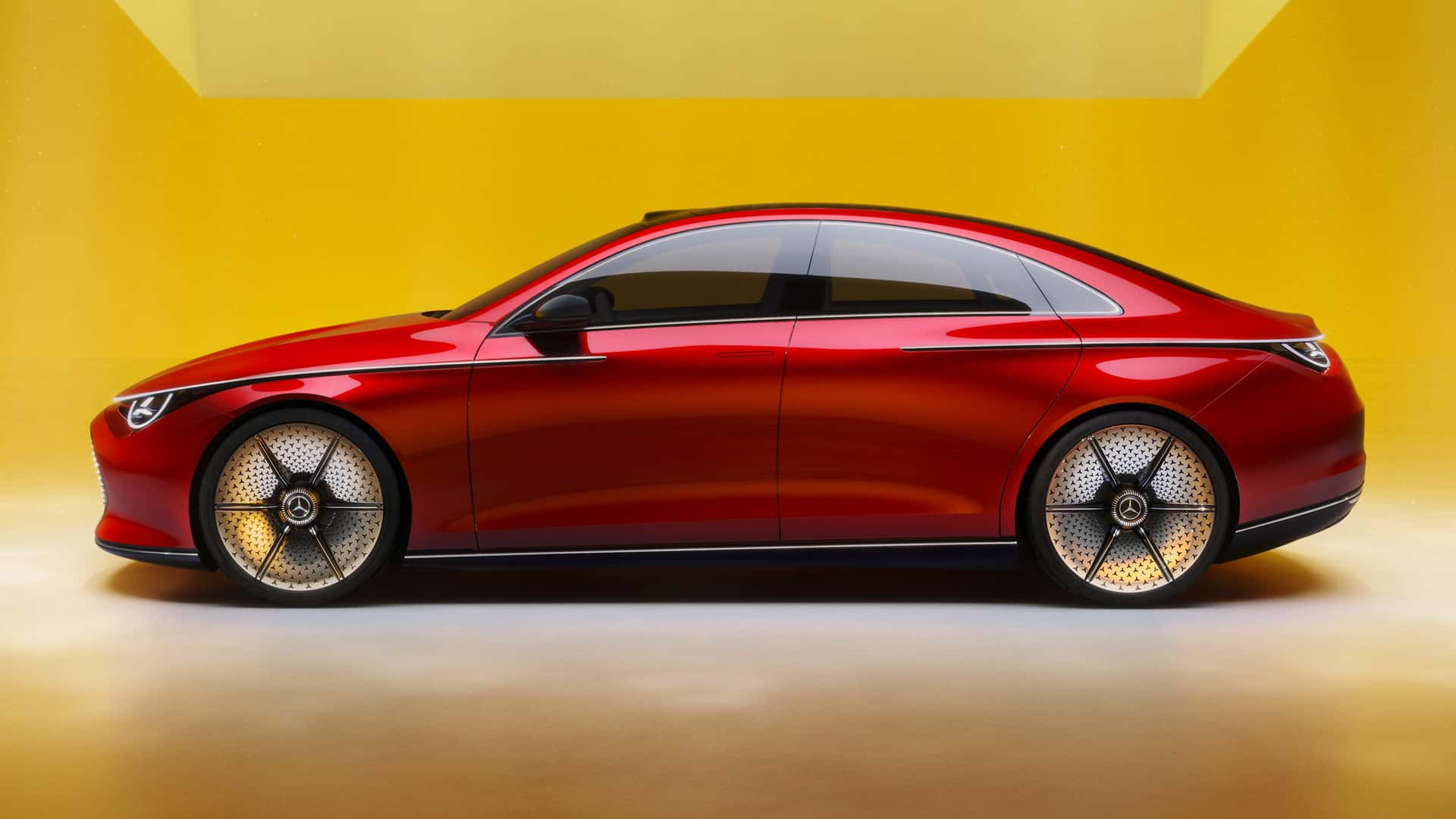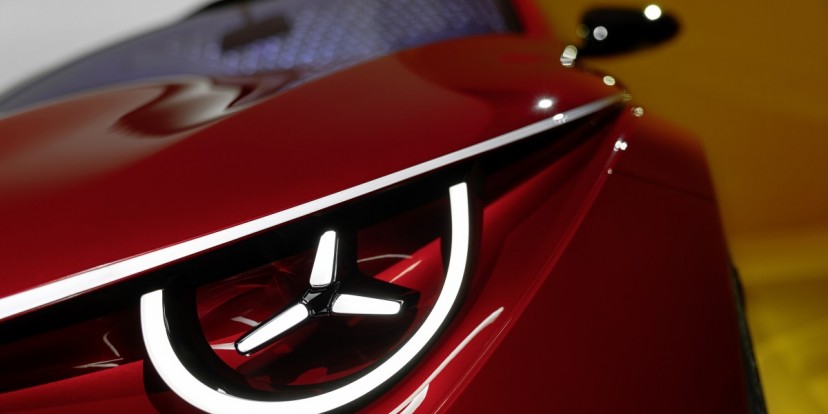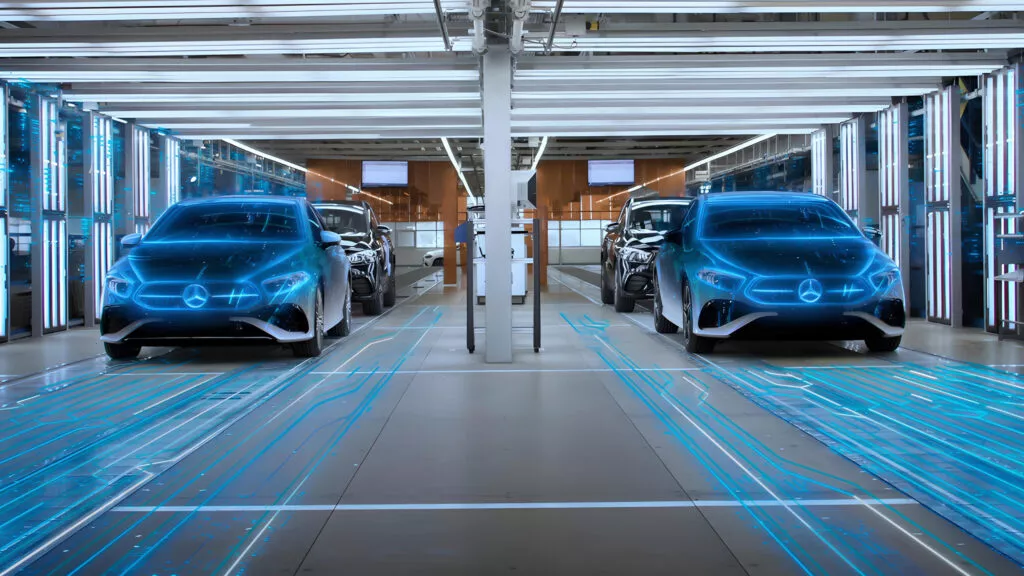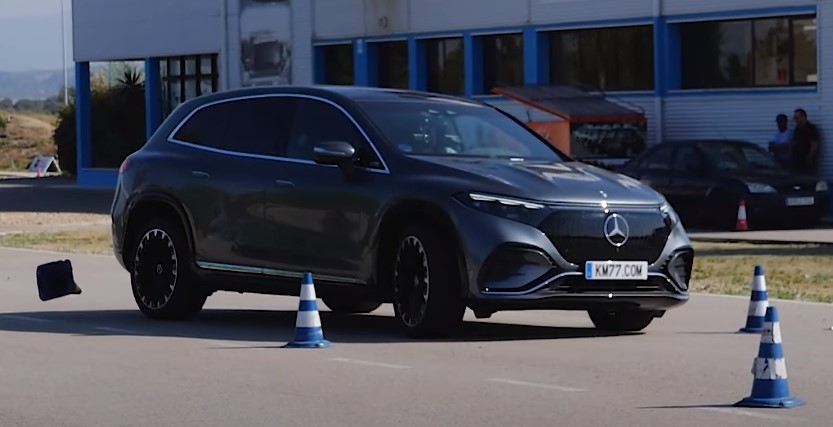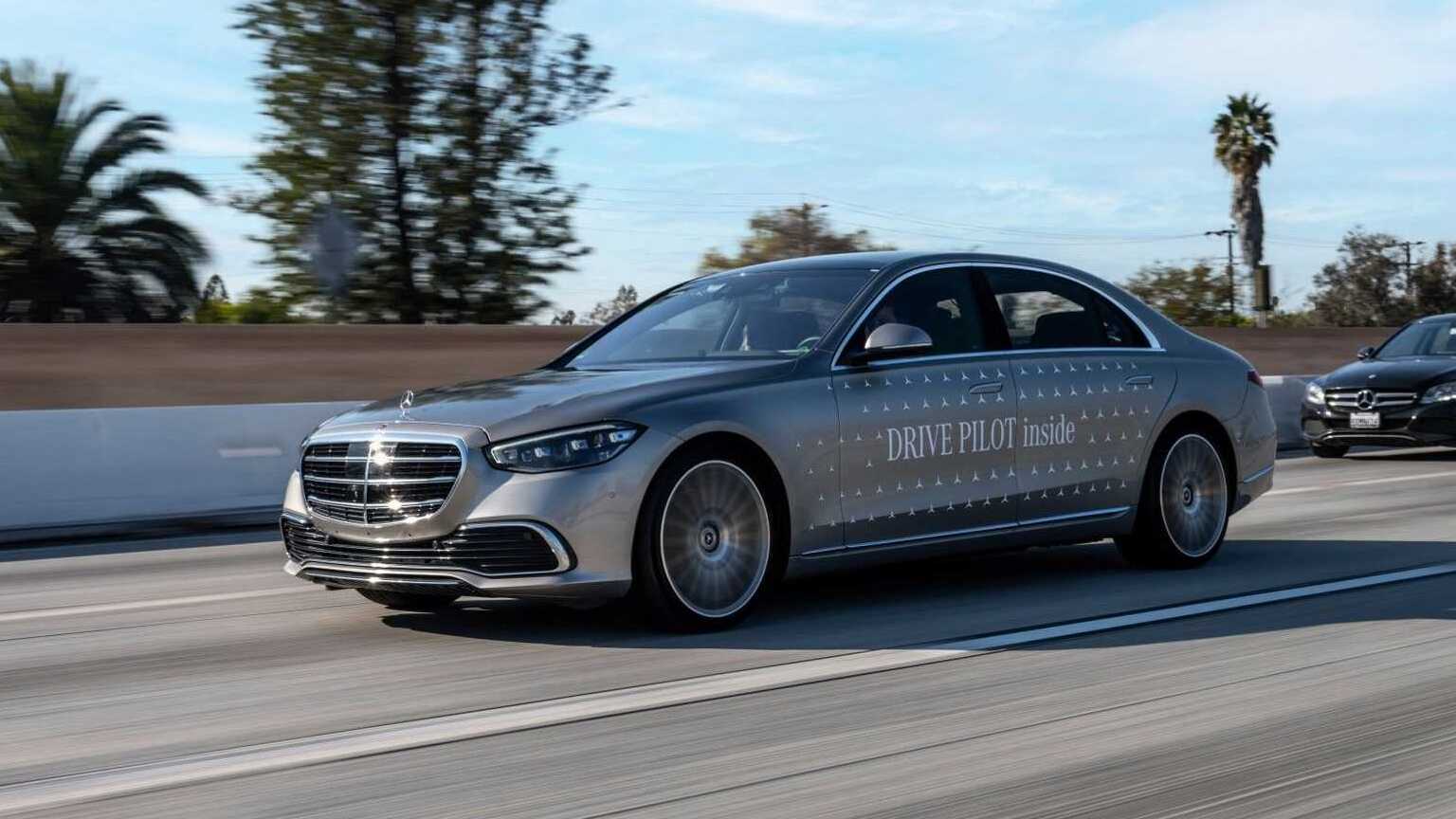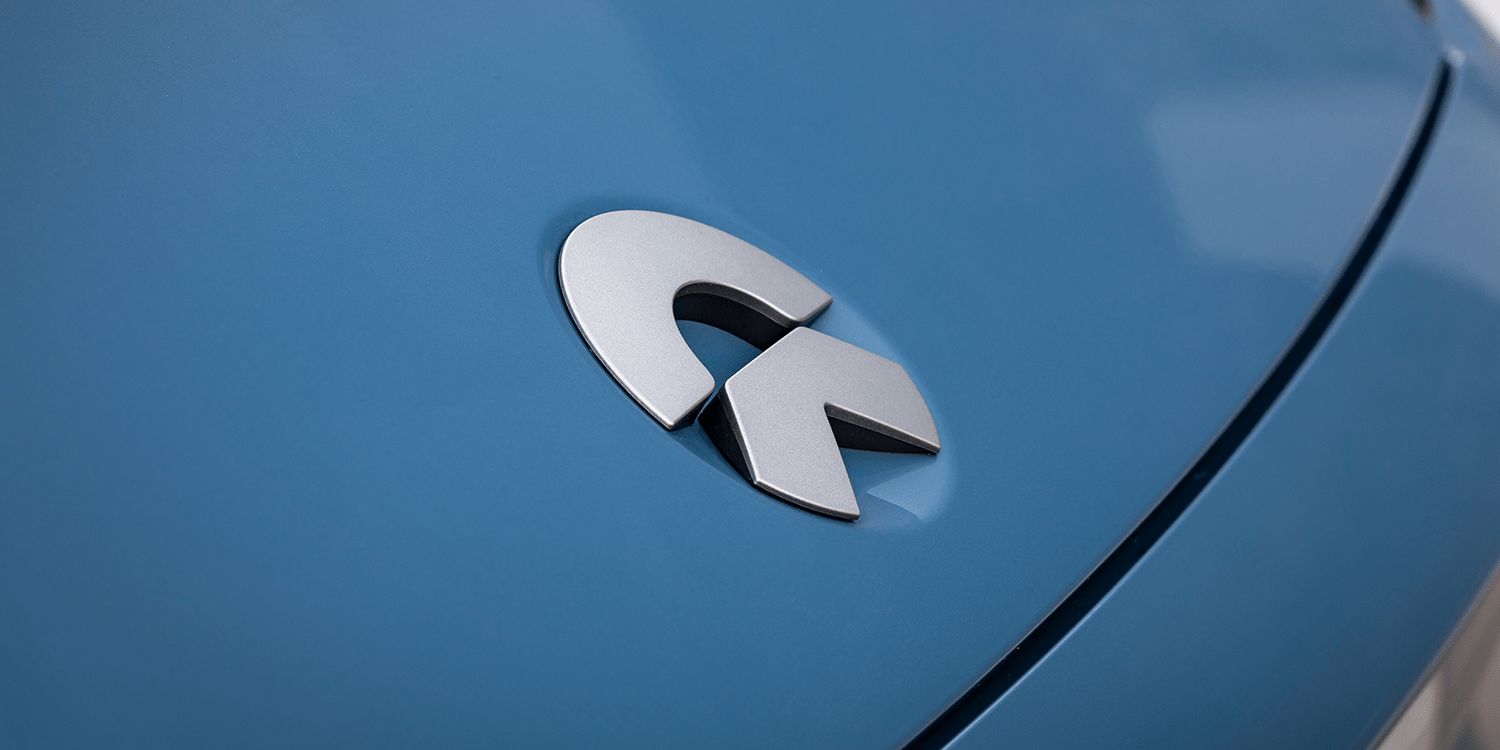In an interview at the Munich car show, Chief Executive of Mercedes-Benz, Ola Kaellenius, has clarified that the premium carmaker does not anticipate its entire European sales to be all-electric by 2030. However, the company remains committed to having its electric vehicle (EV) line-up prepared for the transition.
Mercedes-Benz has previously stated its ambition to achieve all-electric sales by 2030, contingent on market conditions, customer preferences, and the requisite infrastructure to support electric mobility. Speaking on the sidelines of the Munich show, Kaellenius acknowledged that while Europe’s EV market has experienced significant growth, it is unlikely to be fully prepared for all-electric sales by 2030.
See also: Mercedes-Benz CEO Predicts Higher Variable Costs for Electric Vehicles in the Future
Kaellenius remarked, “It’s not going to be 100% in 2030, obviously… from the whole European market, but probably from the Mercedes side as well.” He emphasized that the company would be technologically prepared for the transition while maintaining the flexibility to produce both electric and combustion-engine vehicles on the same production lines.
These comments align with a broader trend of caution among major global automakers regarding the rapid scaling up of EV production and adoption as regulatory targets for reducing fossil fuel-emitting cars draw nearer. BMW CEO Oliver Zipse, speaking at a roundtable, noted that the European Union’s 2026 review date for the 2035 ban on fossil fuel-emitting cars suggests an expectation of some delay. In contrast, Volkswagen CEO Oliver Blume expressed confidence in his company’s readiness for the ban.
While EV sales in Europe grew by nearly 55% in the first seven months of 2023, accounting for approximately 13% of all car sales, industry executives have been increasingly vocal about the hurdles to expanding EV production at competitive prices. These challenges include high electricity costs and a shortage of charging infrastructure.
Regarding the Chinese market, Kaellenius expressed that the transition from combustion engines to EVs in the premium segment, which has not enjoyed the same level of government support as mass-market production, would be a gradual process requiring “many years.” He further indicated that the current economic slowdown in China would not alter Mercedes-Benz’s long-term strategy in the country.

